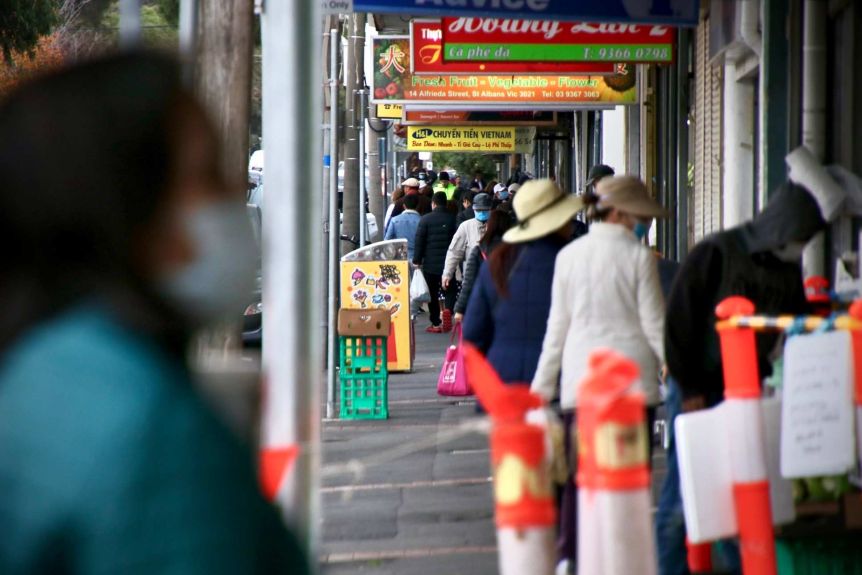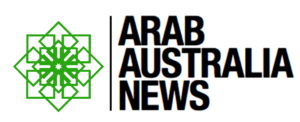
An expert panel of doctors and politicians warned the Federal Government of a “missed opportunity” to prevent coronavirus outbreaks in high-risk groups like migrant communities, several weeks before a spike of cases in Victoria.
Key points:
- An expert panel told the Government in May engagement with community leaders about the virus was “ad-hoc”
- Three of the six areas in Melbourne with outbreaks have large migrant populations
- Advocates say the outbreaks are proof the Government’s messages about the pandemic have not filtered through
Advice handed to Chief Medical Officer Brendan Murphy has revealed official concerns about the Government’s dealings with migrant groups as early as May 21, with community representatives telling the panel they were involved in Australia’s COVID-19 response “on an ad-hoc basis or not at all”.
The report was produced by the National COVID-19 Health and Research Advisory Committee (NCHRAC), which was set-up to provide advice on Australia’s health response to the crisis and is chaired by Deputy Chief Medical Officer Michael Kidd.
It was published more than a month before health authorities advised against travel in and out of six Melbourne local government areas due to an outbreak of coronavirus cases.
Some of the areas — like Brimbank, Moreland and Darebin — have large migrant populations, and the report has identified migrants and refugees as among those at a higher risk of contracting the virus, and passing it on without realising.
That is because they are more likely to have a chronic disease and miss out on important health information.
Mohammad Al-Khafaji, the chief executive of the Federation of Ethnic Community Councils Australia (FECCA), said state and federal governments had collectively failed to engage with community leaders.
“Unfortunately, often what we see in government policy and programs for multicultural communities and other vulnerable community members is always a band-aid solution,” he said.









